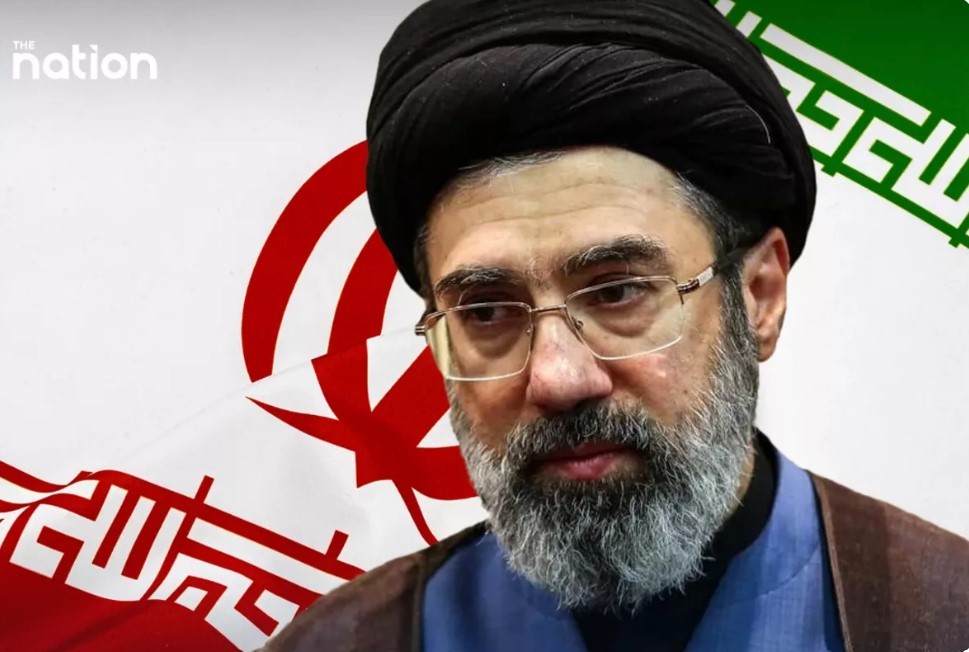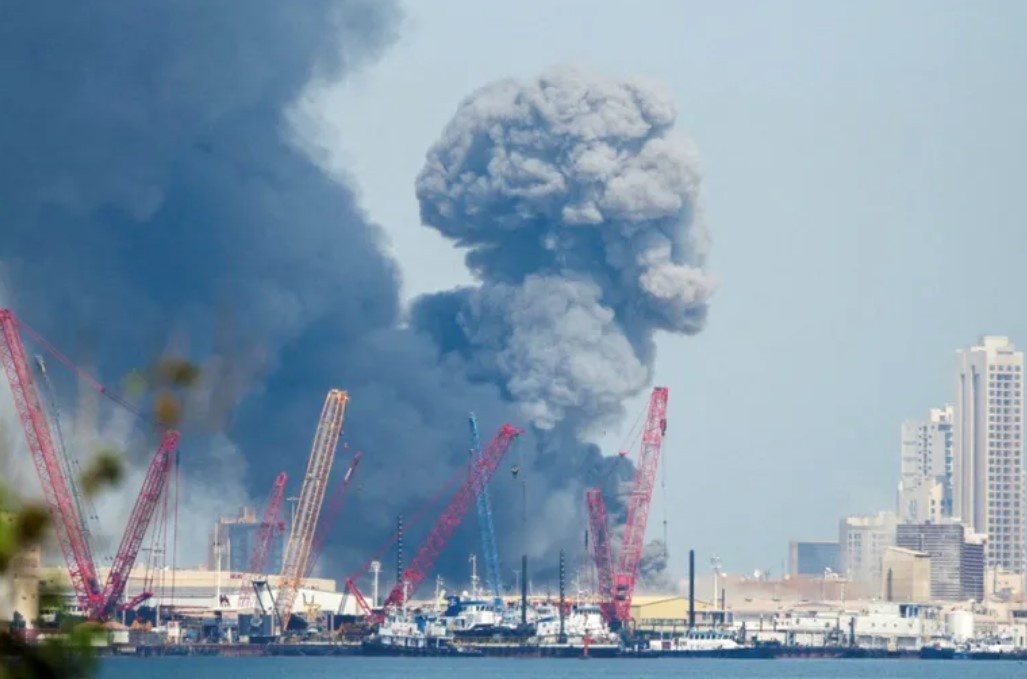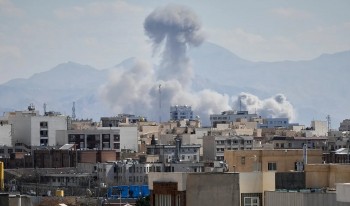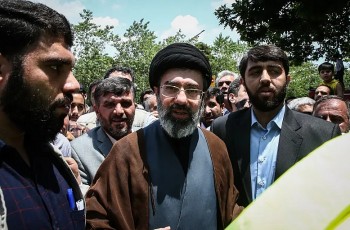The Power of Names: The Debate over Renaming the Gulf of Mexico
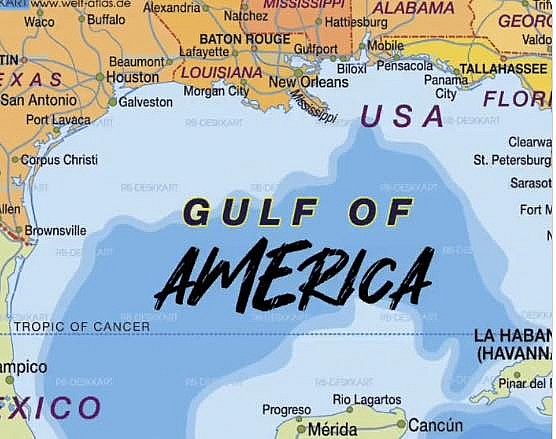 |
| 'Gulf Of America' Or 'Gulf Of Mexico'? |
Names carry power. They tell stories, preserve histories, and define how we see the world. In recent months, a heated debate has emerged over an executive order issued by Donald Trump, proposing a renaming of the Gulf of Mexico. This proposal, aimed at reflecting a more "patriotic" perspective on America's history, has sparked widespread discourse on the significance of naming geographic landmarks. Proponents argue it is a way to honor America's visionaries, while critics warn of cultural erasure and practical challenges.
This debate underscores deeper questions: What do names truly represent? Who decides their legitimacy? And what are the implications—both practical and symbolic—of renaming places that have borne the same title for centuries?
A Brief History of the Gulf of Mexico
The Gulf of Mexico, bordered by the United States, Mexico, and Cuba, has been known by its current name for centuries. Historically, its name reflects its geographic and cultural ties to Mexico, a nation with deep indigenous and colonial roots. For generations, the name has symbolized shared histories and the interconnected nature of the region.
However, Trump's recent executive order calls for a re-evaluation of this name, suggesting it instead honor "visionary and patriotic Americans." While no specific alternative has been officially proposed, the rhetoric has been clear: the name should reflect American pride and history, sparking speculation about possible alternatives such as "The Gulf of America."
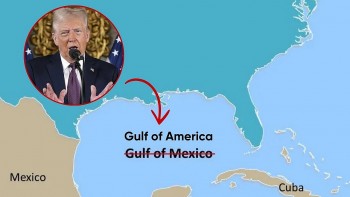 What is Gulf of Mexico? Why Donald Trump will change the name 'Gulf of America' What is Gulf of Mexico? Why Donald Trump will change the name 'Gulf of America' |
The Politics of Naming
The executive order positions the renaming effort as a matter of national pride, echoing a broader movement to reframe how the U.S. recognizes its historical figures and landmarks. Supporters argue that this initiative is a symbolic reclamation of America's heritage, aligning the name of this water body with its significant ties to the U.S. economy and culture.
"Names matter. They define identity and reinforce the stories we want to tell about ourselves as a nation," one advocate stated. Proponents also point to other examples of geographic renaming, such as the 1999 change from Mount McKinley to Denali, to emphasize that such changes can align national landmarks with modern values.
However, critics argue that this initiative ignores the broader cultural and historical contexts of the Gulf of Mexico. Mexican historians and officials have expressed concern about cultural erasure, suggesting that renaming the Gulf would sever its ties to centuries of shared history between Mexico and its neighbors.
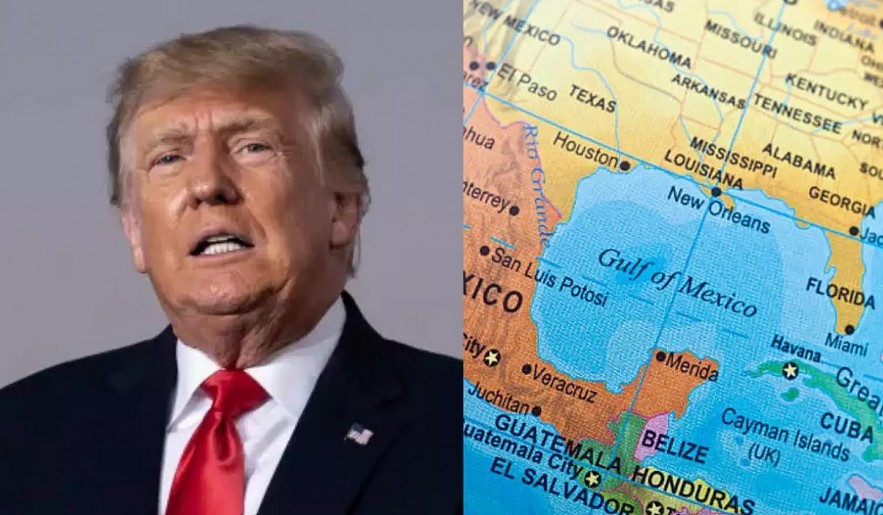 |
| Donald Trump Will Rename Gulf Of Mexico |
Practical Implications of Renaming
Beyond the cultural debate, the proposal raises significant practical questions. Changing the name of a major body of water requires more than a decree—it involves extensive revisions to maps, nautical charts, educational materials, and international agreements.
As one mapmaker pointed out, "If, for instance, he wanted to change the Atlantic Ocean to the American Ocean, we would probably just ignore it." This highlights the challenges of achieving international recognition for such changes. Geographic names are not determined unilaterally; they are established through decades of global consensus and usage.
Renaming the Gulf of Mexico could also create confusion in international trade and navigation, as the region is a hub for oil production, shipping, and tourism. For now, global cartographic authorities, such as the International Hydrographic Organization, appear unlikely to adopt any proposed change.
The Symbolism of Names and Cultural Erasure
The debate also taps into broader discussions about cultural erasure and the ethics of renaming. Names are often seen as repositories of cultural identity, reflecting the histories and stories of the people who named them.
Renaming the Gulf of Mexico, critics argue, risks erasing its connection to indigenous and colonial histories. The region's name is intertwined with the legacy of Mexico, whose history predates the United States by centuries. Altering this name could be perceived as an attempt to overwrite that history in favor of a singular narrative of American patriotism.
This debate parallels controversies over renaming streets, schools, and landmarks associated with contentious figures. In these cases, the goal is often to correct historical injustices, but in the case of the Gulf of Mexico, the rationale seems less clear-cut, making it an even more contentious issue.
 Greenland, Canada, and the Gulf of Mexico: America First or America Everywhere Greenland, Canada, and the Gulf of Mexico: America First or America Everywhere |
International Cooperation: A Necessary Component
For a name change to be universally recognized, international cooperation is essential. Geographic names are governed by global standards and institutions, such as the United Nations Group of Experts on Geographical Names. These organizations prioritize consistency, cultural respect, and historical significance in their naming conventions.
If the U.S. were to unilaterally rename the Gulf of Mexico, it is unlikely that other countries would adopt the change. Such a scenario could lead to fragmentation in global naming conventions, complicating matters for industries like shipping, aviation, and cartography.
Conclusion
The debate over renaming the Gulf of Mexico is far more than a question of semantics—it is a reflection of deeper cultural, political, and historical tensions. While proponents of the name change argue for a patriotic reclamation of identity, critics warn of cultural erasure and practical complications.
For now, it seems that the name "Gulf of Mexico" will remain firmly entrenched in global usage, but the debate serves as a reminder of the power of names and the stories they carry. Names are not just labels; they are symbols of identity, history, and the complex relationships between nations.
FAQs
Q: What is the current name of the Gulf of Mexico, and why is it being debated?
A: The Gulf of Mexico is a large body of water bordered by the U.S., Mexico, and Cuba. The debate arose after Donald Trump issued an executive order proposing a name change to reflect American patriotism.
Q: Why do some people oppose renaming the Gulf of Mexico?
A: Critics argue that renaming the Gulf would erase its historical and cultural ties to Mexico, create practical challenges, and risk international confusion in navigation and trade.
Q: Has the name of a major geographic landmark been changed before?
A: Yes, for example, Mount McKinley was officially renamed Denali in 2015, aligning the landmark with its indigenous heritage.
Q: What would it take to officially rename the Gulf of Mexico?
A: Renaming would require not only U.S. approval but also international recognition, as geographic names are established through global consensus.
Q: Is the name likely to change?
A: Unlikely. Most of the world continues to use the name "Gulf of Mexico," and international authorities have not expressed support for a change.


